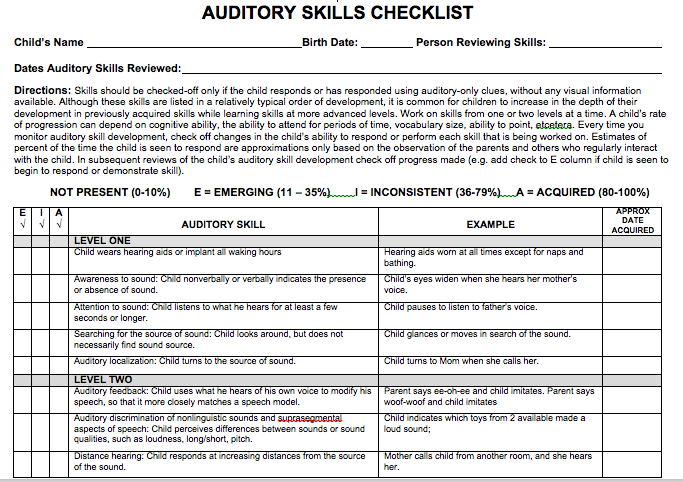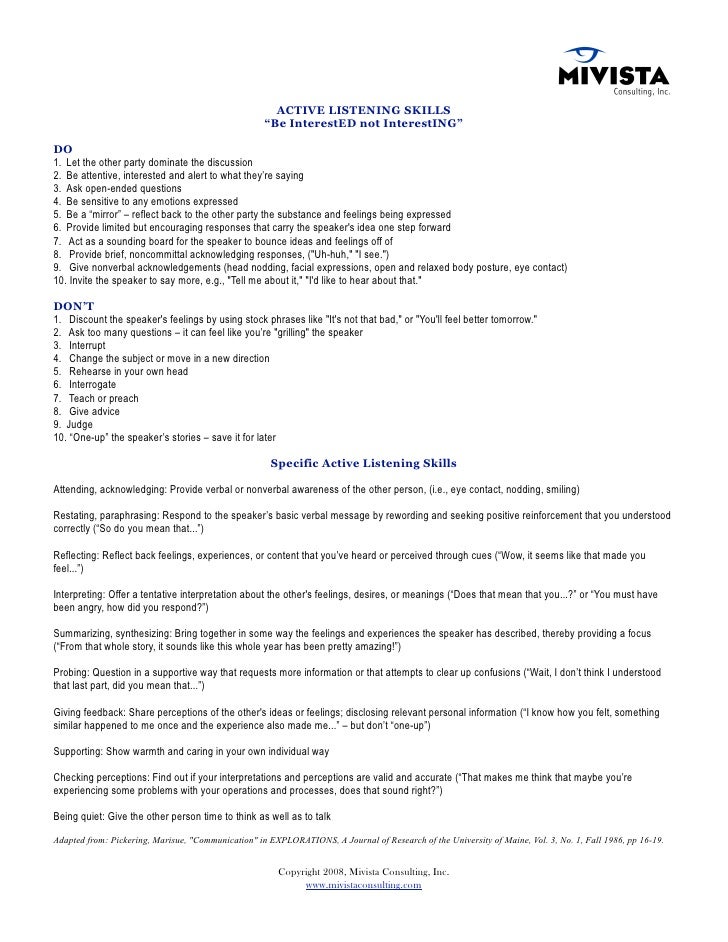
Telling yourself the lecture is a waste of time is not going to help you to listen effectively. Attitude is just as important as the attention given to the speaker. It’s hard to tell much about attitude from the outside, but each listener is responsible for listening with a positive attitude and an open mind.Įven if you are paying attention, you could be doing so with the wrong attitude. These are all easier to discern when the listener is able to listen with an open mind. Some of the main areas to pay attention to are distinguishing the speaker’s primary goal, the main points, and the structure of the communication. Write out the details and share them for confirmation on how you are doing. Challenge yourself to take minutes, class notes that are shared, or journal a relationship interaction. You will find that listening is one area that can always be improved and strengthened. You might think that you do not have a problem with actively listening. Such memory devices can assist with your listening skills. He also found that he was better able to remember various details, which, ultimately, supported his work and bolstered his self-esteem.
Active listening skills checklist how to#
He learned how to identify the key points and main premise. So, John decided to keep doing recording the minutes and, eventually, did a great job. The first time he took the minutes, John received feedback that he was missing details. He found that by keeping the minutes, he had to focus on specific details. At meetings, he started to volunteer to keep the minutes. So, John decided that he needs to improve his listening skills. He has run into issues in the past where he has missed information he needed. Here’s an example: John knows that he has trouble staying focused during long business meetings. The reminder might be to write “Listen” at the top of a page in front of you in a meeting. He suggests listeners prepare themselves for active attention by creating a listening reminder. Hoppe tells us that active listening is really a state of mind requiring us to choose to focus on the moment, being present and attentive while disregarding any of our anxieties of the day. Once the listener has, it becomes easier for the listener to discern what is most important. The key then is for the listener to ascertain the speaker’s central premise or controlling idea quickly. Listening is of the moment, and we often only get to hear the speaker’s words once. While reading a book, or having a discussion with an individual, you can go back and reread or ask a question to clarify a point. The poor listener grows impatient, while the effective listener uses the extra processing time to process the speaker’s words, distinguish key points, and mentally summarize them (Nichols, 1957). A typical person can speak 125 words-per-minute, yet we can process up to three times faster, reaching as much as 500 words-per-minute. Yet, tests of listening comprehension show the average person listening at only 25% efficiency. It is characterized by faster heart action, quicker circulation of the blood, a small rise in bodily temperature.” ) Consider that you can process information four times faster than the rate at which a person speaks. Nichols, credited with first researching the field of listening, observed, “listening is hard work. Paying attention to what a speaker is saying requires intentional effort on your part. You know that attention is the fundamental difference between hearing and listening. Active listening can be broken down into three main elements.


Effective listening requires concentration and a focused effort that is known as active listening. You must pay attention to whether or not you are only hearing, passively listening, or actively engaging. Define attention, attitude, and adjustment as components of active listening.Įffective listening is about self-awareness.


 0 kommentar(er)
0 kommentar(er)
